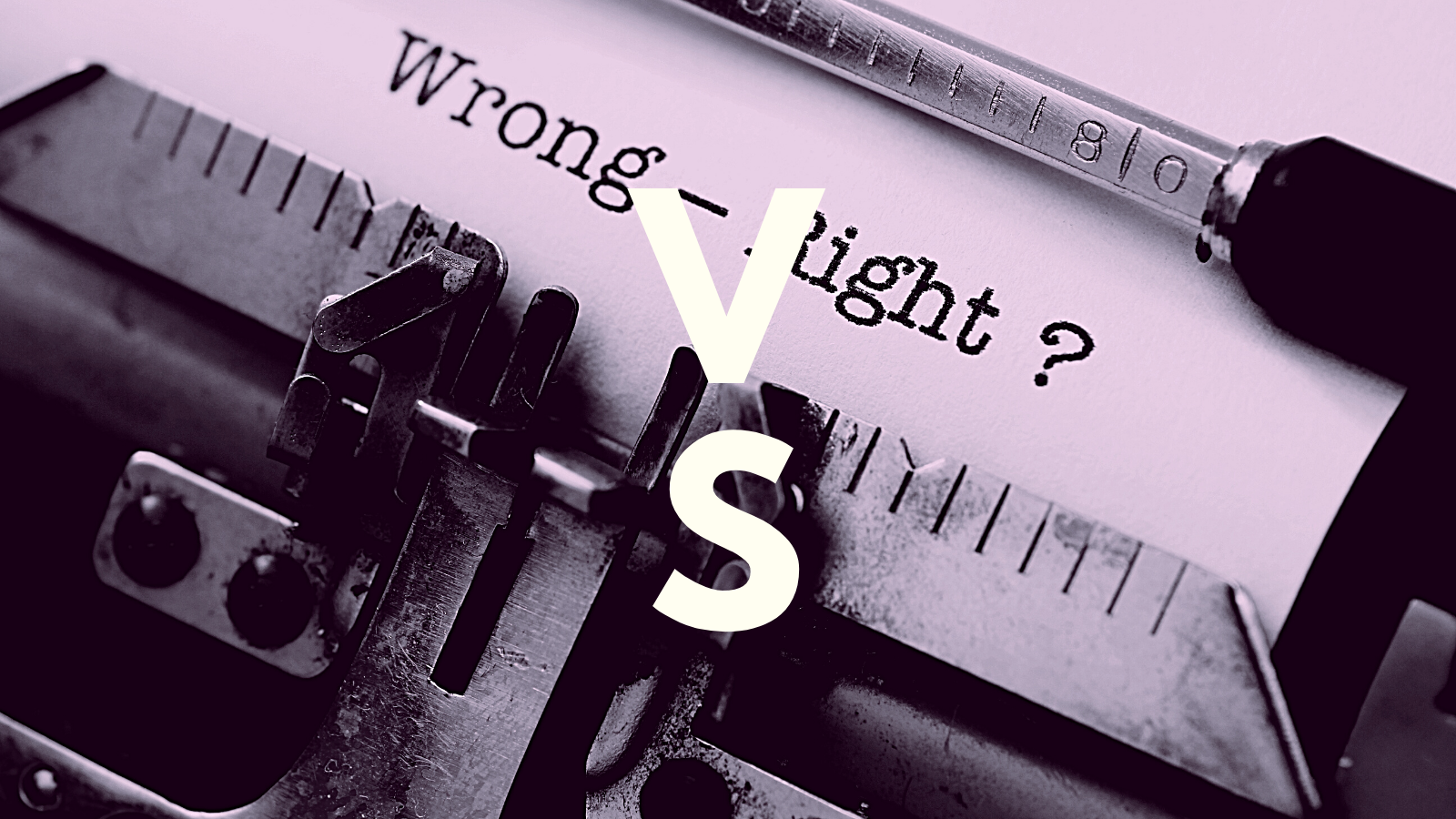We’ve spoken before about why we believe that spelling and grammar matter – not least because it perfectly showcases attention to detail (which is very important to us – and our clients!) but also because misspelled words can create confusion.
Sometimes there are rhymes you can remember to keep on the right track (i before e except after c is one of them!) but sometimes you just need to commit the correct version to memory. Sometimes they’re incredibly difficult words that most people would struggle with!
Here are our top 10 – with some of the reasons why they’re misspelled and any suggestions on how to remember the correct spelling wherever we can!
Accomodate
Correct spelling: accommodate
Consonant doubling in English can prove tricky, with even the most accomplished spellers falling foul of changing rules. When it comes to words of Latin or Romance language (French, Italian or Spanish origin, you’ll find they tend to have double consonants in the middle – accommodate is a good example. Words of Germanic origin such as harass the double consonant will appear at the end.
Alot
Correct spelling: a lot
People often make the mistake of bring together a lot to misspell alot. The words should be separate. The only time allot should be used is when you refer to allotting time or space, not to indicate you have large amounts of something.
Definately
Correct spelling: definitely
This has to be one of the most common ones! A good tip to remember that there’s an i in the middle, not an a is to think of the phrase “I want to get it right”. Then you’ll immediately see there’s no a in the phrase!
Dependant vs dependent
This is really only an issue in the UK – the former isn’t used in American English.
The best way to remember the difference is to remember that dependant is someone that relies on you ie child or someone you care for, whereas dependent means reliant on – whether something happens depends on something else.
Embarass
Correct spelling: embarrass
Having read the explanation for accommodate this one should make sense, especially when you hear that embarrass originates from the French language. Hence the 2 double consonants to get the correct spelling.
Goverment
Correct spelling: government
Coming from Middle English governement, and from Old French governement in the 1400s and 1500s to refer to a system by which a thing is governed. The n is very much present, and remains so today.
Judgement vs judgment
In British English both versions are used, in American English only the latter.
Guidance is that here in the UK, you should always use the former – the only exception to this is when you’re referring to an official legal decision – judgment in a court of law.
Loose
Correct spelling: lose
Another very common one! Thanks to these 2 words being very close in pronunciation, they’re often misspelled. We did see this suggested way of remembering the difference between the two… but we’re not sure the suggestion really makes it more memorable! What do you think?!
think of how a goose can get loose. But when loose loses an “o,” it’s gone forever. If you snooze, you lose.
Pronounciation
Correct spelling: pronunciation
By rights the spelling should have that extra u in there… but it doesn’t!
Seperate
Correct spelling: separate
The incorrect version has no meaning and is purely a misspelling.

